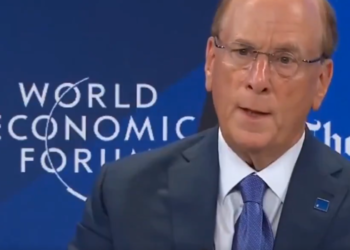Alternative asset managers are turning to retail and retirement savings following a slow in institutional fundraising, but this comes with risks, according to a new Moody’s Ratings report.
Despite persisting market volatility, alternative asset managers have continued to launch funds aimed at drawing retail investors into private credit and other types of private assets.
Read more: Moody’s warns of risks in AI taking central role in lending
Individual investors still maintain a relatively low allocation to alternative assets, with market estimates putting this at around five per cent, and ultra-high-net-worth individuals tend to dominate private credit investing because they can afford to lock up capital in closed-end funds.
But this is changing as alternative asset managers are increasingly providing access to liquidity and offering lower investment minimums to participate, the report said.
However, this shift comes with complexities and risks, particularly around liquidity, valuation, and transparency, Moody’s warned.
Read more: Hamilton Lane highlights opportunity for private credit amid tariff uncertainty
“The growth of these semi-liquid vehicles is accompanied by risks and operational complexities, including liquidity management, distribution and the need for enhanced disclosure,” the report said.
“We believe that operational challenges and risks could become more significant if this part of the market grows rapidly.”
Moody’s said it believes risks are likely to be more pronunced for private equity strategies than private credit, given the illiquid nature of these assets.
“Private credit – with its shorter maturity, more regular cash flow, and a more developed secondary market – is more liquid compared to other private asset classes,” the report said.
Read more: MSCI and Moody’s launch risk assessments for private credit
“As asset managers deepen their reach into this lower end of private wealth spectrum, they will need to work out distribution needs – how to connect retail investors with private asset funds and how to protect against reputation risk, should markets sour and retail investors try to run for the exit.”














